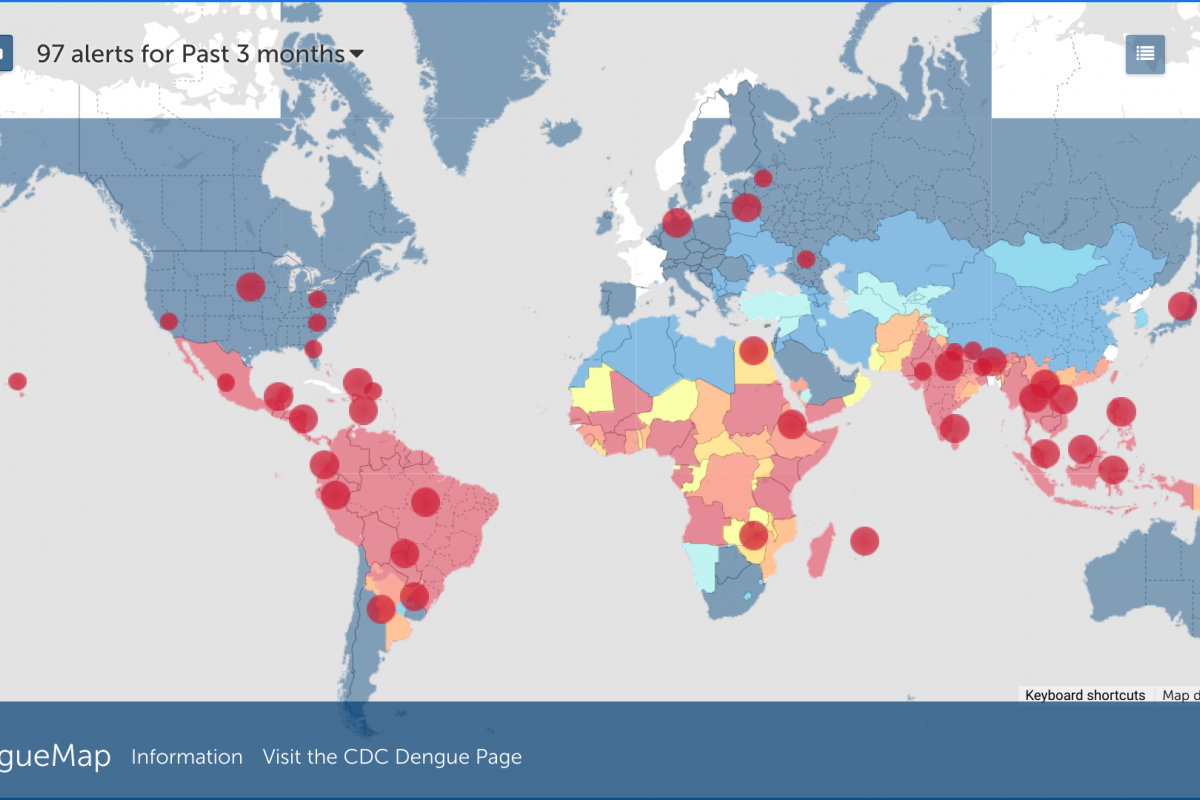The resurgence of dengue fever outbreaks in 2024 has raised concerns about the disease’s appearance in new areas and its treatment. Dr. Raman Velayudhan, a leading expert on dengue fever, addressed these questions during a recent interview with Vismita Gupta-Smith on the WHO Science in 5 show.
According to the World Health Organization (WHO), dengue fever has become endemic in many countries across South America, Central America, and the Caribbean. In the United States, states like Florida and Puerto Rico have reported cases of both locally acquired and travel-related dengue in 2024. Despite there being an approved vaccine available in the U.S., access to it may require pre-admission testing.
As healthcare professionals and the public work together to combat this potentially life-threatening disease, it is crucial to stay informed about its symptoms, transmission, and prevention measures. Dengue fever can cause severe pain, high fever, headaches, and joint pain among other symptoms. It is transmitted by mosquitoes that carry the virus from person to person or from animal to human. Prevention measures include wearing protective clothing while outdoors, using insect repellent products, removing standing water around homes or businesses where mosquitoes breed, and seeking medical attention if experiencing symptoms of dengue fever.
The resurgence of dengue fever outbreaks in 2024 highlights the need for continued efforts to prevent its spread and improve our understanding of this disease. As we continue our fight against dengue fever, it is essential that we stay informed about its progress and take necessary precautions to protect ourselves and others from this potentially deadly disease.
In conclusion, dengue fever remains a significant threat worldwide due to its rapid spread through mosquitoes that carry the virus from person to person or from animal to human. The resurgence of outbreaks in 2024 raises questions about why it appears in new areas and what can be done to prevent it from spreading further. While there is an approved vaccine available in some countries like the US, access may require pre-admission testing which highlights the need for continued efforts towards better understanding this disease’s progression while taking necessary precautions such as wearing protective clothing while outdoors or using insect repellent products among others.
